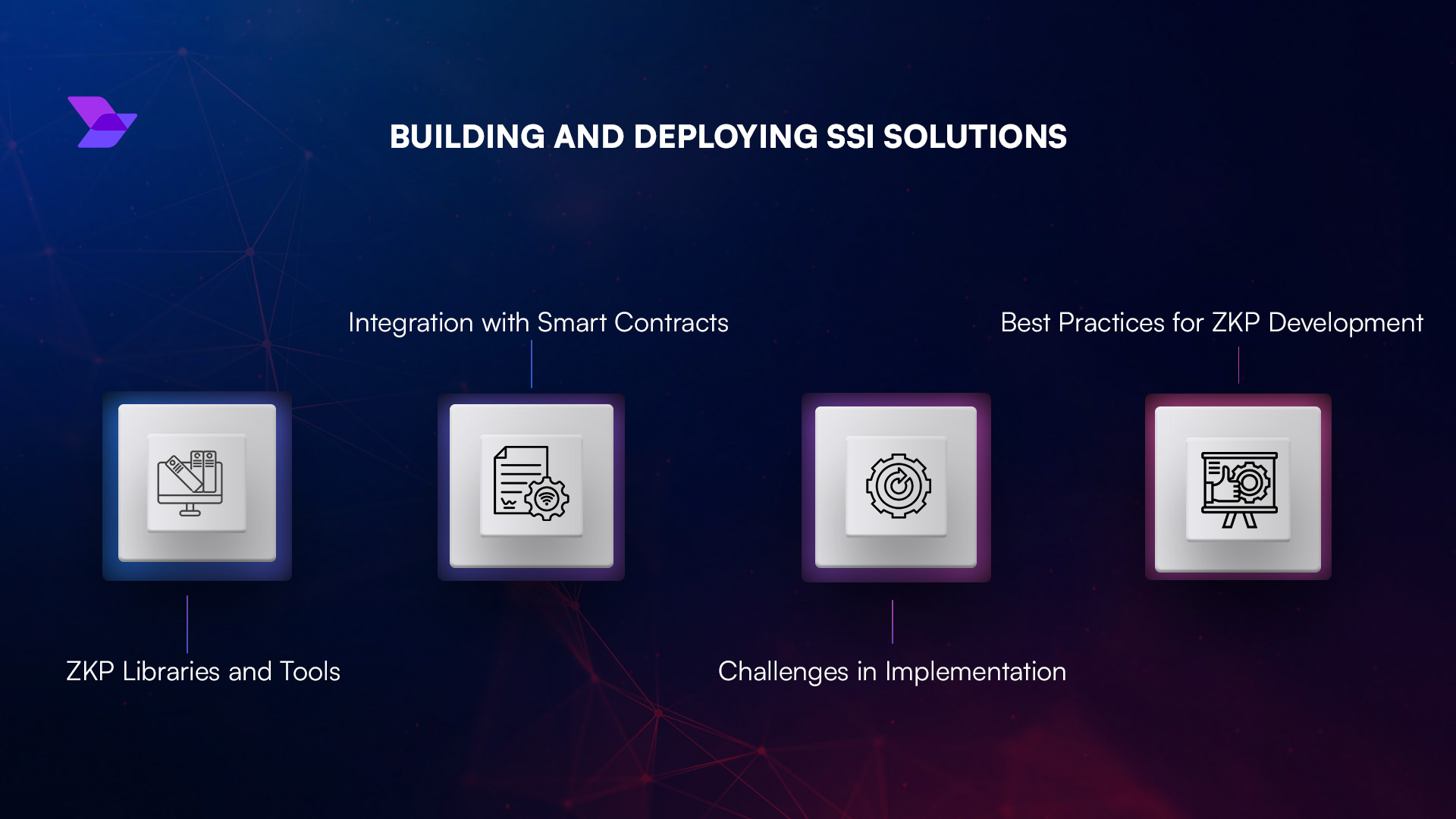
In 2024, the world of regulated crypto mixers is at a crossroads. As privacy advocates and regulators spar over the future of digital finance, mixers are emerging as both a solution to legitimate privacy concerns and a focal point for compliance debates. Rather than existing in a legal gray area, today’s regulated crypto mixers are evolving rapidly to meet the demands of both users and lawmakers.

Why Privacy-Preserving Crypto Mixers Matter More Than Ever
With blockchain analytics getting sharper and transaction tracing more sophisticated, many crypto users are seeking ways to protect their financial privacy. In fact, recent data shows that mixed bitcoins accounted for roughly 15% of all transactions on the network in 2024. This surge reflects a growing recognition that privacy is not just about hiding illicit activity but about safeguarding personal autonomy in an increasingly surveilled digital economy.
Privacy-preserving crypto mixers work by pooling together funds from multiple users and redistributing them in a way that breaks the direct transactional link between sender and recipient. This process makes it significantly harder for external parties to trace transactions back to individuals. However, this very feature has drawn regulatory scrutiny due to concerns about money laundering, sanctions evasion, and other illicit uses.
As one industry analyst noted: “The challenge isn’t whether privacy should exist in crypto – it’s how we ensure it exists responsibly within a framework of accountability. “
The Evolving Regulatory Landscape: 2024’s Defining Moment
The regulatory environment for cryptocurrency mixers tightened considerably this year. In May 2024, the U. S. House introduced the Blockchain Integrity Act, which proposed a two-year ban on mixers by prohibiting financial institutions from processing mixer-associated funds. Meanwhile, the European Union’s Innovation Hub flagged privacy technologies as complicating enforcement efforts, emphasizing that mixing protocols can hinder law enforcement investigations.
This heightened scrutiny has forced mixer operators to adapt or risk obsolescence. The days of unregulated tumblers are fading as AML compliant cryptocurrency mixers embrace new standards like Know Your Customer (KYC) verification and anti-money laundering (AML) protocols. These measures aim to strike a balance between user anonymity and regulatory requirements, a balance that remains elusive but essential for mainstream adoption.
Technological Innovations: Zero-Knowledge Proofs and Selective Disclosure
The industry’s response has been nothing short of innovative. Developers are deploying advanced cryptographic tools, especially zero-knowledge proofs in crypto mixers. These allow users to prove they aren’t engaging in illicit activity without revealing their entire transaction history or identity. Frameworks like Selective De-Anonymization (SeDe) enable de-anonymization only under consensus or legal compulsion, preserving day-to-day privacy while offering regulators an audit trail when absolutely necessary.
Key Technological Advancements in Regulated Crypto Mixers (2024)
-

Selective De-Anonymization (SeDe) Frameworks: SeDe enables privacy-preserving mixers to selectively de-anonymize transactions flagged as illicit, using a consensus-based process. This allows compliance with regulatory investigations without compromising the privacy of legitimate users.
-

Configurable Zero-Knowledge Mixers with Proof of Innocence: These mixers utilize zero-knowledge proofs and allow users to demonstrate the legitimacy of their funds without revealing their identity. They also feature AML consensus protocols that can confiscate or refund deposits linked to suspicious activity.
-

On-chain Governance for Compliance: Modern regulated mixers are integrating on-chain governance mechanisms that let communities set and enforce compliance rules, such as deposit limits or blacklisting sanctioned addresses, ensuring adaptability to evolving regulations.
-

Integration with Travel Rule Compliance Tools: Leading mixers now connect with solutions like MarketGuard to automate compliance with the Travel Rule, securely sharing required transaction information with authorities when necessary.
-

Enhanced Forensic Traceability Features: Some regulated mixers have adopted forensic traceability tools that allow for the tracking and auditing of transactions in cases of legal investigations, while maintaining strong privacy for compliant users.
Another practical approach involves configurable zero-knowledge mixers with built-in proof-of-innocence mechanisms and group governance features. These systems allow communities or compliance officers to flag suspicious deposits, sometimes even triggering refunds or confiscations if criminal origins are detected, all without undermining user trust or transparency.
The Industry Response: Striking a New Balance
Major players like Coinbase have engaged directly with regulators, arguing that existing frameworks already cover mixer operations without stifling innovation. Their stance highlights a broader industry consensus: effective regulation should foster responsible use rather than drive privacy solutions underground.
If you’re interested in how these dynamics play out in practice, and how you can secure your own transactions while staying compliant, explore our deep dive on how regulated crypto mixers balance privacy and compliance in 2024.
At the heart of this debate is the question: Can privacy and compliance truly coexist in crypto? The answer, increasingly, is yes, but only when both technology and policy evolve in tandem. Modern privacy-preserving crypto mixers are moving beyond simple coin shuffling. They’re integrating rigorous compliance checks, such as transaction risk scoring and real-time wallet screening, to ensure that users’ rights are protected without opening the door to abuse.
For users, this means that choosing a mixer is no longer just about anonymity, it’s about trust, transparency, and assurance that their transactions won’t unintentionally violate laws or support criminal activity. Many platforms now offer clear disclosures about their compliance practices, including how they respond to law enforcement requests and what data (if any) they retain.
How Users Can Navigate Privacy vs Compliance in 2024
If you’re considering using a regulated crypto mixer this year, keep these priorities in mind:
Best Practices for Choosing an AML Compliant Crypto Mixer
-

Verify Regulatory Registration and Licensing: Ensure the mixer is registered with relevant financial authorities (such as FinCEN in the US or an EU equivalent) and holds appropriate licenses demonstrating commitment to anti-money laundering (AML) compliance.
-

Assess KYC and AML Procedures: Select mixers that implement robust Know Your Customer (KYC) and AML checks. Look for platforms that require identity verification and monitor transactions for suspicious activity, such as Chainalysis-integrated services.
-

Review Transparency and Auditability: Choose mixers that provide transparent documentation of their compliance procedures and undergo regular third-party audits. Platforms like CoinJoin-based services often publish transparency reports.
-

Look for Compliance-Oriented Technological Features: Prioritize mixers utilizing advanced compliance tools such as Selective De-Anonymization (SeDe) or zero-knowledge proof of innocence frameworks, which allow compliance without compromising user privacy.
-

Evaluate Governance and User Controls: Opt for mixers that offer user-driven governance or configurable compliance settings, such as the ability to refund or block suspicious deposits, aligning with evolving regulatory standards.
-

Check for Sanctions Screening and Travel Rule Compliance: Ensure the mixer actively screens for sanctioned addresses and complies with the Travel Rule (FATF Recommendation 16), which requires sharing sender and recipient information for certain transactions.
Look for mixers that clearly outline their AML/KYC procedures and leverage advanced cryptographic safeguards. Platforms adopting selective disclosure blockchain features or zero-knowledge proofs are at the forefront of compliant privacy. Transparency reports and third-party audits can further instill confidence that your chosen service operates within legal boundaries.
Education is also critical. Stay informed on local regulations, especially as new laws like the Blockchain Integrity Act may impact which services are available to you or how you can interact with them. Engaging with community forums and reading up-to-date resources will help you avoid pitfalls.
The Road Ahead for Regulated Crypto Mixers
The next chapter for regulated mixers will be defined by partnership, between technologists, regulators, and users. As innovations like proof-of-innocence protocols become standard practice, expect greater collaboration on global standards for privacy vs compliance in crypto. Already, some industry groups are working with policymakers to create certification schemes for compliant mixing services.
Ultimately, the evolution of regulated mixers signals a maturing digital asset ecosystem, one where user autonomy is not sacrificed at the altar of security or legality. The best solutions will be those that give individuals meaningful control over their financial data while providing robust tools for compliance teams to fulfill their obligations.
If you want to learn more about how these trends shape your options as a user, or how to choose a mixer that fits your values, don’t miss our comprehensive guide on how to choose a regulated crypto mixer for privacy and compliance in 2024.






